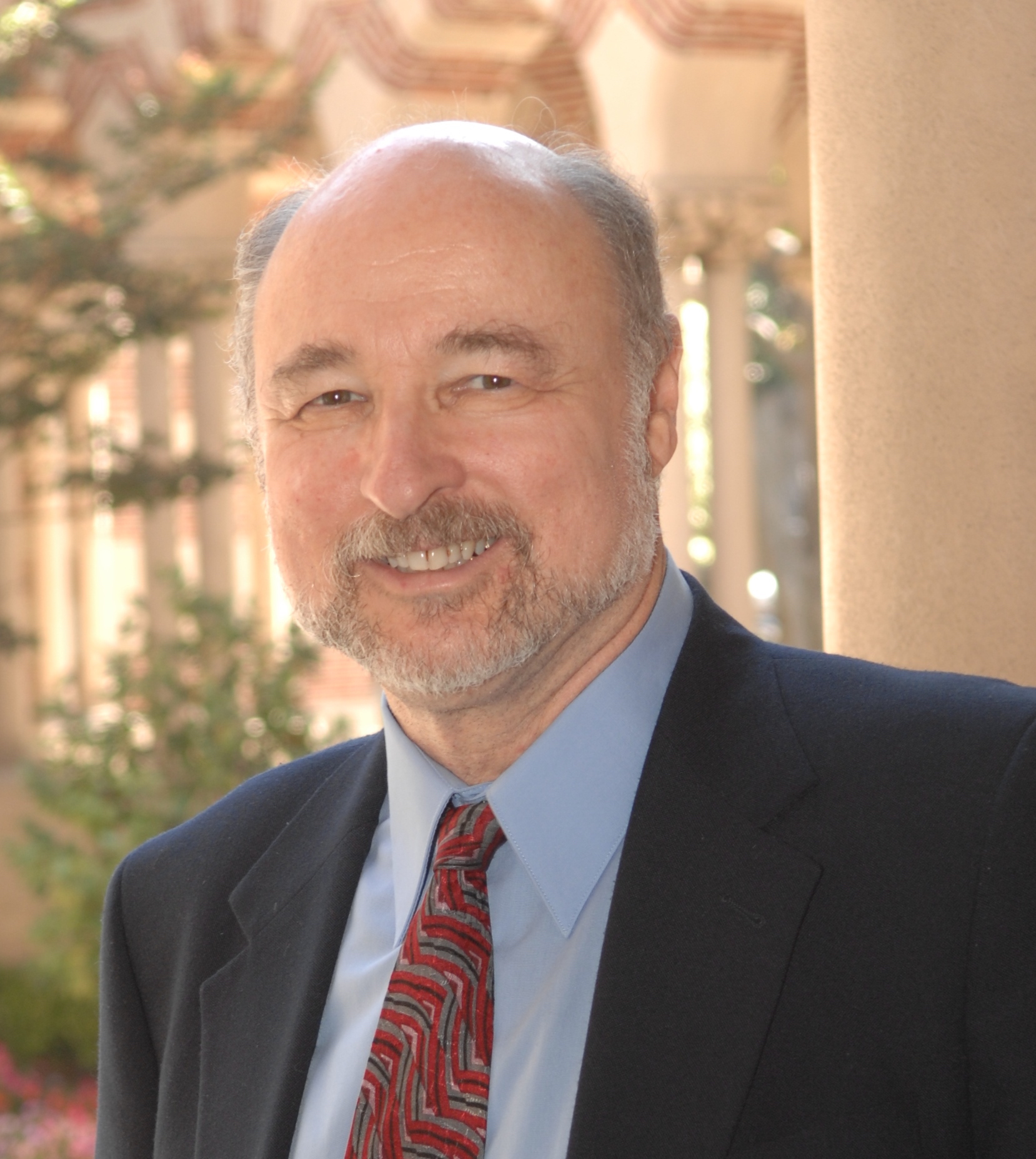News | Peter Gordon Leads METRANS Research Seminar Discussion on Economic Growth
Stop the VideoNews

METRANS UTC
Peter Gordon Leads METRANS Research Seminar Discussion on Economic Growth
Wednesday, April 13, 2016
by By Arpita Sharma, USC MPP/MPL 2017

On Wednesday, April 13th, METRANS and the USC Chapter of the American Planning Association welcomed Peter Gordon, Ph.D., an Emeritus Professor of the Price School of Public Policy at the University of Southern California to present on “Cities and Economics Growth” to students, faculty, and practitioners. This presentation is a part of the Spring 2016 METRANS Research Seminar program, an ongoing series of presentations designed to share cutting-edge transportation research with interested parties throughout the industry. All seminars are offered free of charge and are open to the public.
Dr. Gordon’s interests are in urban economics and transportation economics. His previous work included the development of spatial models used to estimate the effects of disruptions, including natural disasters. He retired in 2013 after 43 years at teaching at USC and is now teaching each summer at Zhejiang University in Hangzhou, China. He is also writing a book that explores how modern cities contribute to economic growth.
In his presentation, Gordon argued that prosperity and economic growth require robust specialization and exchange, necessitating the formation and maintenance of numerous complex supply chains. He notes that each supply chain has a geographic dimension, and firms must not only choose what to make, and what to buy, but also which geographic location to buy it from. The market thus creates a pattern of geographic locations where employees and firms are willing to locate, and the city within which they are located remains an “engine of growth” as long as taxes and regulations are minimal.
Gordon argues that cities with flexible land markets that have fewer regulations can create more opportunities for their residents. Ultimately, Gordon believes that a “light touch” in regulation enables cities to be these engines of growth – and ultimately results in innovation and prosperity.
Students who attended the event asked several questions about Gordon’s theories. Axel Hellman, a progressive degree student pursuing a Master of Planning degree, wondered “Which was a more important factor in your analysis, cost of living or people’s incomes?” Gordon shared that cost of living was a chief factor when making these comparisons.
Yanlin Zhou, a second-year Master of Planning candidate currently interning at the Southern California Association of Governments (SCAG), also attended the seminar. Her attention was piqued by Gordon’s discussion on supply chains. “I found the four types of supply chains found within cities very interesting. Usually when we think about agglomeration, we don’t think about it in those terms.”
Arpita Sharma
Arpita Sharma is a dual Master of Public Policy and Master of Planning candidate at the USC Price School. She is interested in issues of health inequities, sustainable land use development and active transportation. She expects to complete her degrees in May 2017. She can be reached at arpitasharma.net or at [email protected].
News Archive
- December (1)
- November (6)
- October (4)
- September (2)
- August (3)
- July (4)
- June (3)
- May (7)
- April (8)
- March (11)
- February (8)
- January (7)
- December (7)
- November (8)
- October (11)
- September (11)
- August (4)
- July (10)
- June (9)
- May (2)
- April (12)
- March (8)
- February (7)
- January (11)
- December (11)
- November (5)
- October (16)
- September (7)
- August (5)
- July (13)
- June (5)
- May (5)
- April (7)
- March (5)
- February (3)
- January (4)
- December (4)
- November (5)
- October (5)
- September (4)
- August (4)
- July (6)
- June (8)
- May (4)
- April (6)
- March (6)
- February (7)
- January (7)
- December (8)
- November (8)
- October (8)
- September (15)
- August (5)
- July (6)
- June (7)
- May (5)
- April (8)
- March (7)
- February (10)
- January (12)















